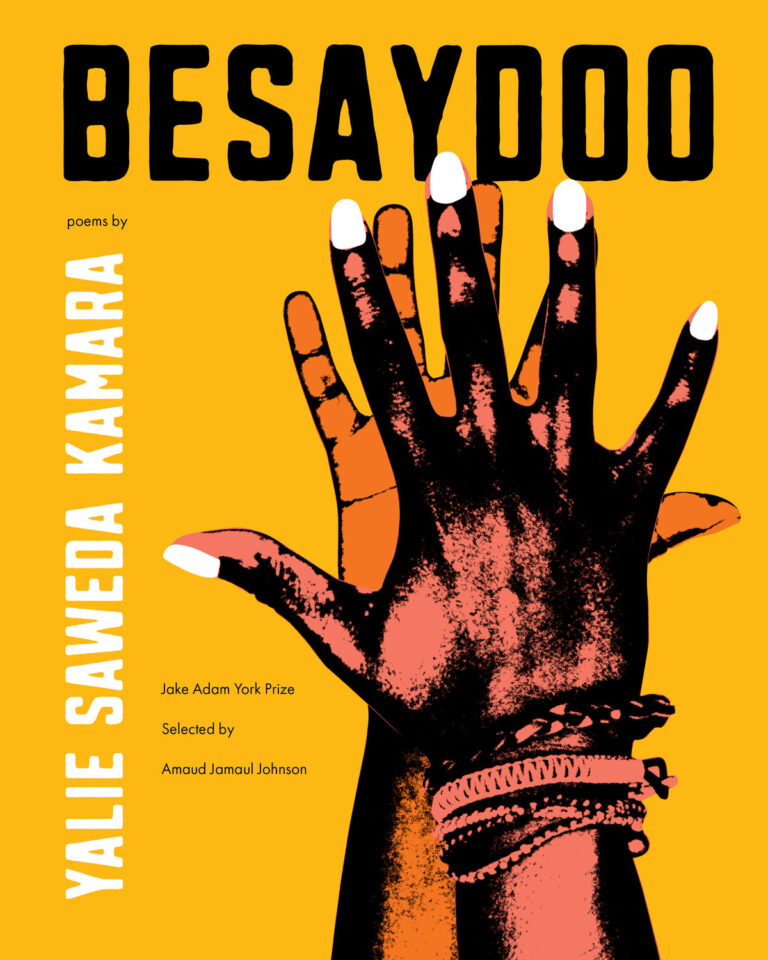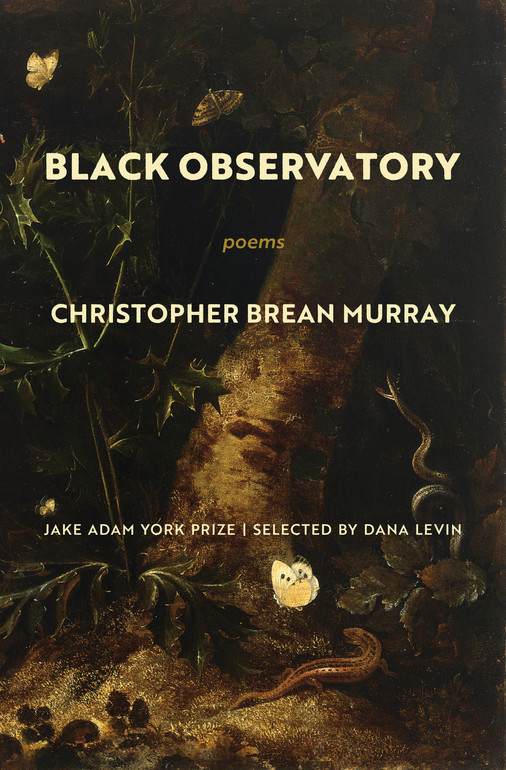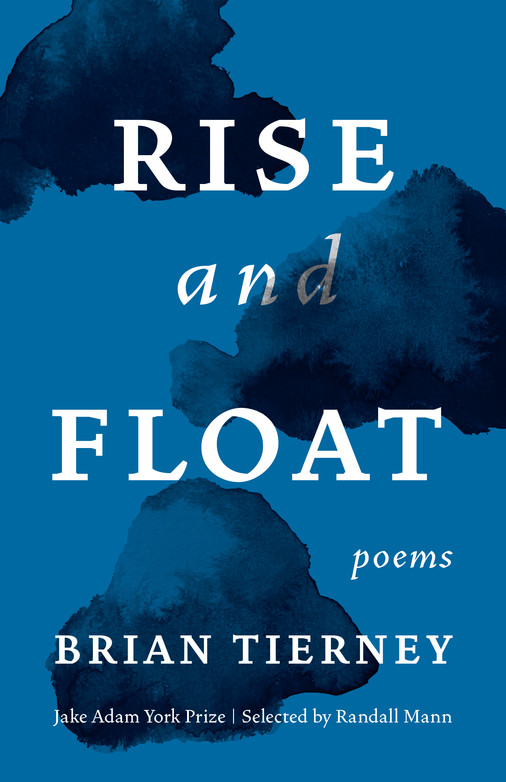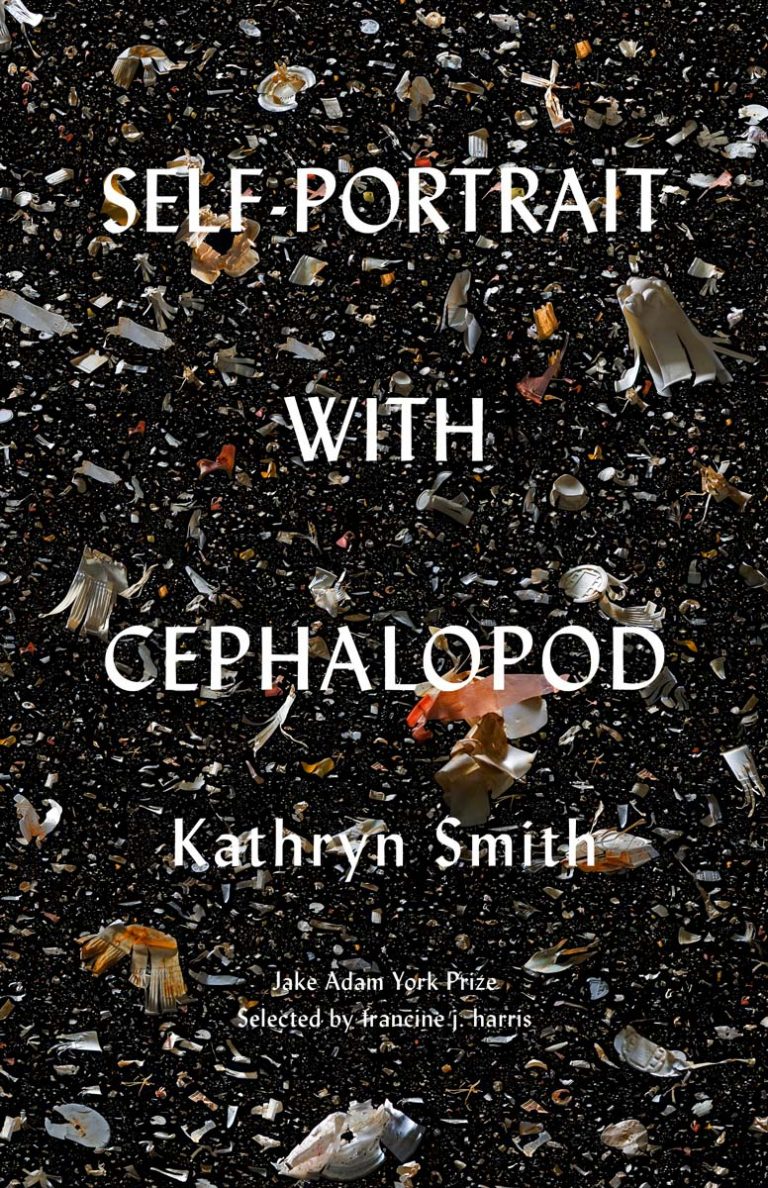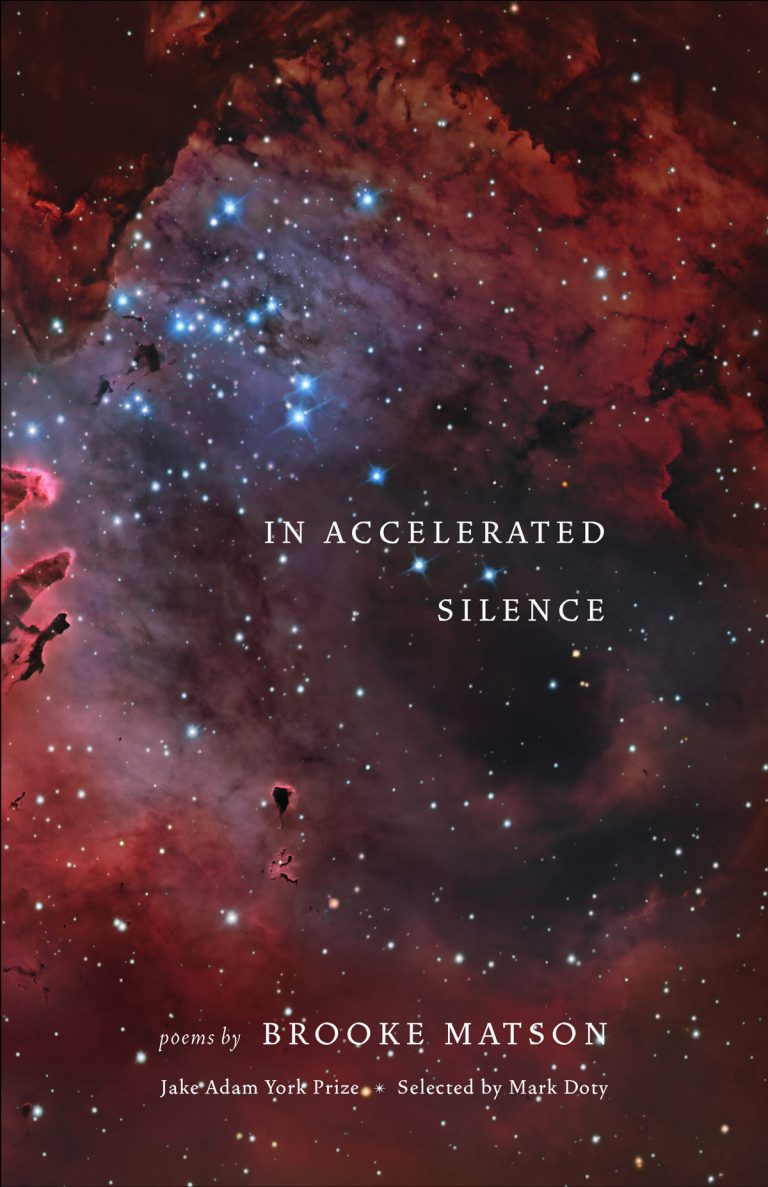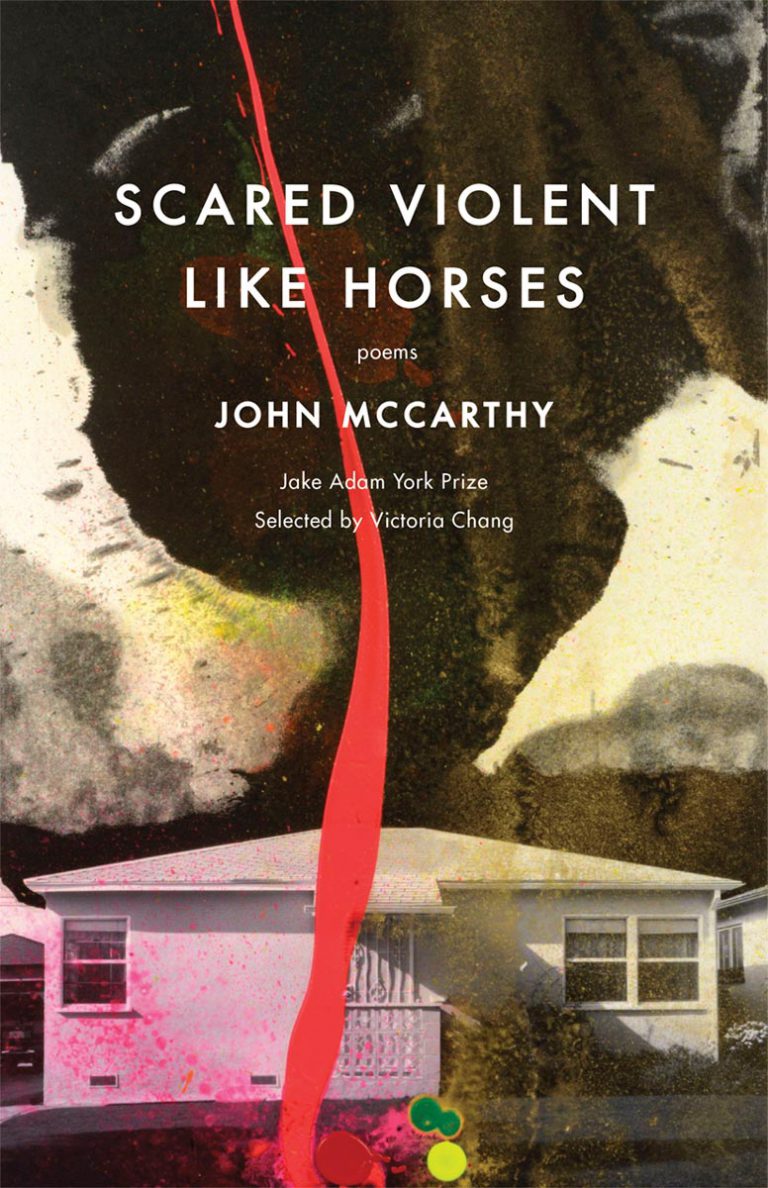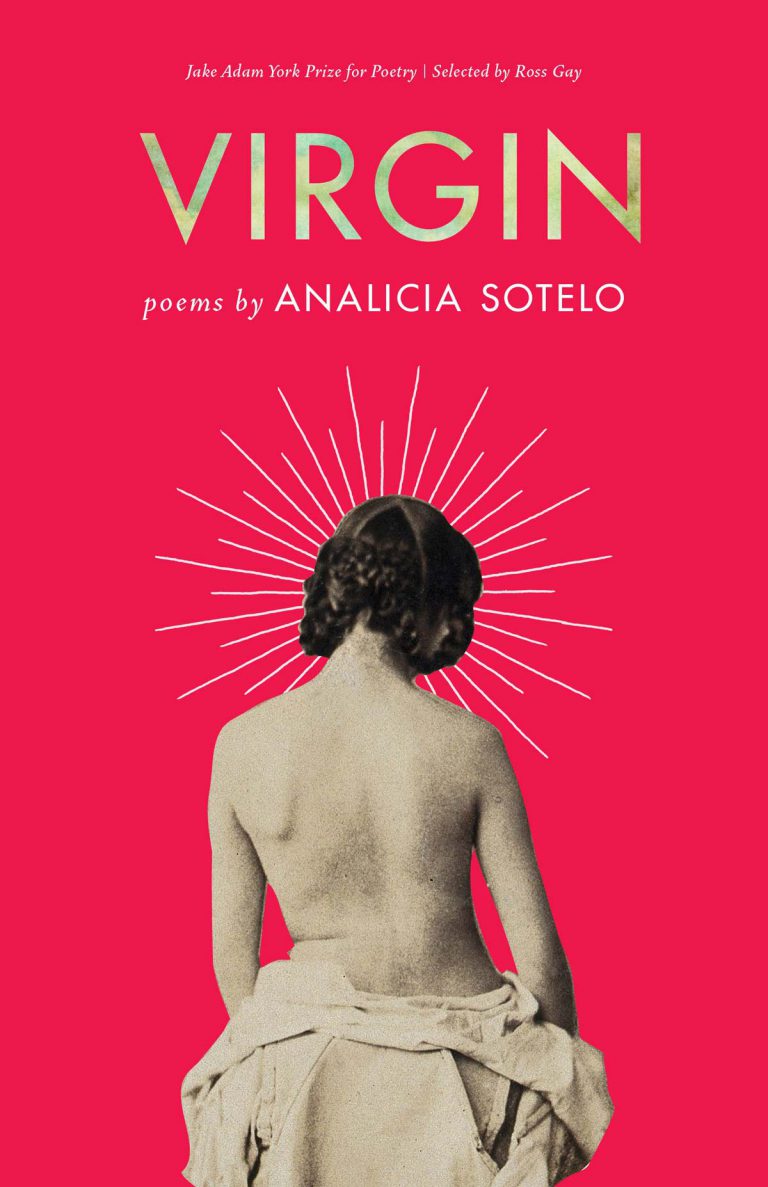The Jake Adam York Prize
The Jake Adam York Prize for a first or second poetry collection is a collaboration between Copper Nickel and Milkweed Editions.
Book-length manuscripts can be Submitted via Submittable from July 1 through October 15. (See the Guidelines. See information about the 2023-24 winner.)
The prize-winning poet receives $2,000 and publication by Milkweed Editions.
Initial screening for the prize will be facilitated by the poetry editors of Copper Nickel. (All screeners for the prize will have published at least one book of poetry.) The winner is announced in early March.
Our goal in instituting the Jake Adam York Prize is to honor Jake’s name and legacy with a top-tier, ethical book prize that will offer not just publication but also high-quality design, marketing, and strong national distribution. Milkweed Editions—which has an excellent marketing team and national distribution through Publishers Group West (PGW)—can offer these things. We at Copper Nickel are grateful and excited for their partnership.
GUIDELINES for 2024–25
For the 2024–25 prize we will begin accepting online submissions of book-length (i.e., more than 48 pages) poetry manuscripts on July 1, 2024. The final due date for submission will be October 15, 2024. The prize winner will be announced in early March, 2025.
Our judge for 2024–5 is Matthew Olzmann. Olzmann is the author of three poetry collections, most recently Constellation Route (Alice James, 2021), and his poems have appeared in Best American Poetry, The Kenyon Review, New England Review, The Southern Review, and elsewhere. The recipient of fellowships from the NEA, the Kresge Arts Foundation, Kundiman, and MacDowell, he teaches at Dartmouth College and in the Warren Wilson Low-Res MFA Program.
To be eligible for the prize, poets cannot have published—or have under contract—more than one full-length book of poetry in English. (Chapbooks of less than 48 pages and individual poems in magazines are OK.)
Self-published books count as previous book publications if they are at least 48 pages and saw any real distribution whatsoever. (I.e., if your self-published book has an ISBN, and/or has been distributed through Amazon, and/or has had a web presence—even a very limited one—that counts as a previously published book.)
Separate books published in English abroad also count toward eligibility, but not books reprinted abroad or published in another language. (I.e., if you published one book in the US and a different book in the UK, you would be ineligible to submit, but if you published a book in the US and that book was reprinted in the UK, you would still be eligible. If you published one book in the US in English and another book in, say, Poland in Polish you would still be eligible to submit to our prize as long as the book you were submitting to our prize was a not a translation of the book you published in Poland in Polish.)
Previously self-published books are ineligible for submission for the prize, as are translations and co-authored books.
Poets must be US Citizens (living abroad is fine) or must live in the US and be writing in English.
Poets who are family, current colleagues, close friends, or recent students (within the past five years) of the judge are not eligible to enter. Former student editors and interns of Copper Nickel and Milkweed Editions are also ineligible.
Entrants to the Jake Adam York Prize are welcome to submit to other book prizes, including the other Milkweed Editions prizes (the Ballard Spahr Prize, the Max Ritvo Prize, and the National Poetry Series). If your manuscript wins another prize, please notify us and withdraw your manuscript from the Jake Adam York Prize.
Manuscripts can—but don’t have to—include work previously published in literary periodicals and/or chapbooks. If your manuscript includes previously published work, please include an acknowledgments page.
Final judging for the prize is anonymous. For this reason, please do not include your name or other identifying marks on the manuscript itself. (We will be able to obtain that information from Submittable, and the information will not be forwarded to the final judge.)
All entrants will receive a one-year subscription to Copper Nickel (worth $20) in exchange for a $25 reading fee, and all money raised beyond production costs for the prize will go toward paying Copper Nickel contributors.
Please note that when you submit your work to the Jake Adam York Prize you’re adding yourself to our contact list and, thus, consenting to receiving perhaps 1–2 emails per year about our book prize, subscriptions drives, etc.
Here’s the link one more time: SUBMIT.
ANNOUNCING THE WINNER OF THE 2023–24 JAKE ADAM YORK PRIZE!
Copper Nickel and Milkweed Editions are thrilled to announce that judge Cynthia Cruz has chosen Sarah V. Schweig’s book The Ocean in the Next Room as the winner of the 2023–24 Jake Adam York Prize. The Ocean in the Next Room will be published by Milkweed Editions in January, 2025, and Schweig will receive $2,000.
Sarah V. Schweig’s first book, Take Nothing with You, was published by the University of Iowa Press in 2016. Her poetry has appeared in Boston Review, Granta, Tin House, and The Yale Review, among others, and her critical essays have appeared at Public Seminar, Tourniquet Review, and elsewhere. She works as an editor, is pursuing a PhD in Philosophy at the New School for Social Research, and lives in Maine with her husband and son.
In choosing Schweig’s book, Cruz says: “This extraordinary collection of poems does that strange thing Hegel tells us all great art does: in his lectures on aesthetics Hegel tells us that art makes appear the structures that would otherwise remain invisible to us. Through a series of interconnected pieces this collection works through and brings to light the complexities of life lived in the 21st century.”
There were 784 manuscripts submitted to the prize this year, which our screeners narrowed to 15 additional finalists and seven semifinalists. It’s our opinion that every one of these manuscripts is outstanding and eminently publishable. With that in mind, the finalists were:
Rennie Ament, World of Worlds
Dorsey Craft, A Brief History of Accidental Inventions
Javeria Hasnain, I Only Came to See God
Anna Farro Henderson, A Lover’s Field Guide to Italy
L. A. Johnson, Irradiance
Jasmine Khaliq, Somewhere Horses
Molly Ledbetter, Air Ball
Zach Linge, Everything Everything
Oksana Maksymchuk, Tongue Ties
Meghann Plunkett, What We Did to Her Made the Water Rise
Edward Salem, Intifadas
Samyak Shertok, No Rhododendron
Avia Tadmore, In the Tongue I Was Born To
Chris Watkins, The Drag Gospel of Queer Jesus
Tianyu Yi, Mercy’s the Clock Ticking Backwards from God
The semifinalists were:
Rhoni Blankenhorn, Rooms for the Dead and the Not Yet
Stephanie Feeney, Small Change
Hannah Hirsh, Chaos Theory
Laura Joyce-Hubbard, Over the Half-Bright World
Whitney Koo, Any Gesture
Iris Law, The Color of Morning
Hannah Smith, Common Prairie
And since screeners do essential—if too often unsung—evaluative work narrowing the field of entrants, we think it’s important to note each year who our screeners are (both to say thank you and in the interest of transparency). This year’s screeners were:
William Archila, author of The Gravedigger’s Archaeology
Nicky Beer, author of Real Phonies and Genuine Fakes
Emily Bludworth de Barrios, author of Shopping, or The End of Time
Meg Day, author of Last Psalm at Sea Level
Chanda Feldman, author of Approaching the Fields
Vandana Khana, author of Burning Like Her Own Planet
L. S. Klatt, author of The Wilderness After Which
Christopher Brean Murray, author of Black Observatory
Finally, we want to mention something briefly about our process: Since a number of entrants had previously published in Copper Nickel, and since other entrants knew one or more of our screeners on a personal level, we were sure to pass the manuscripts among the screeners until no one was tasked with screening work by anyone she had published or with whom she had a personal relationship. We believe strongly in running an ethical contest, and we work hard to ensure that we continue to do so.
